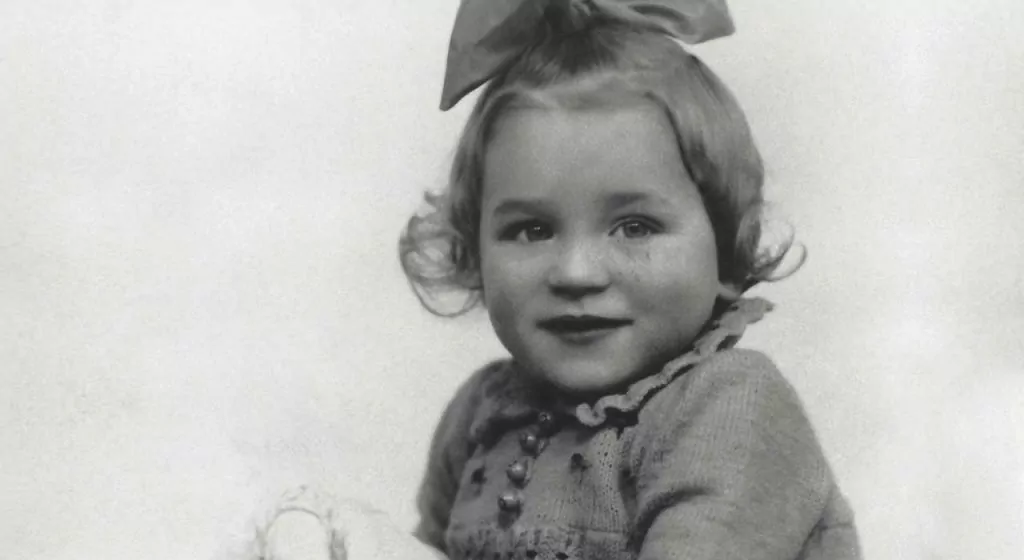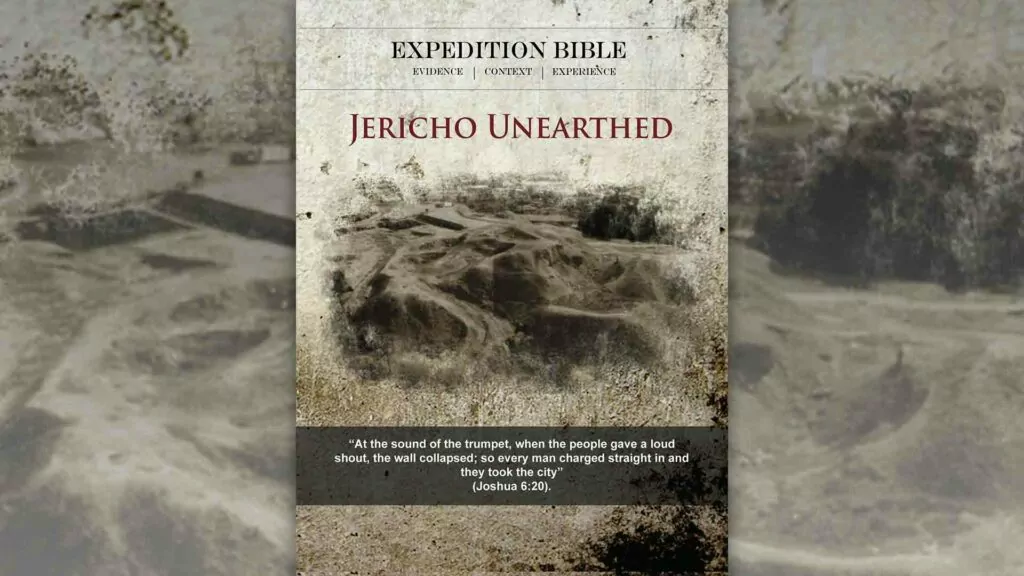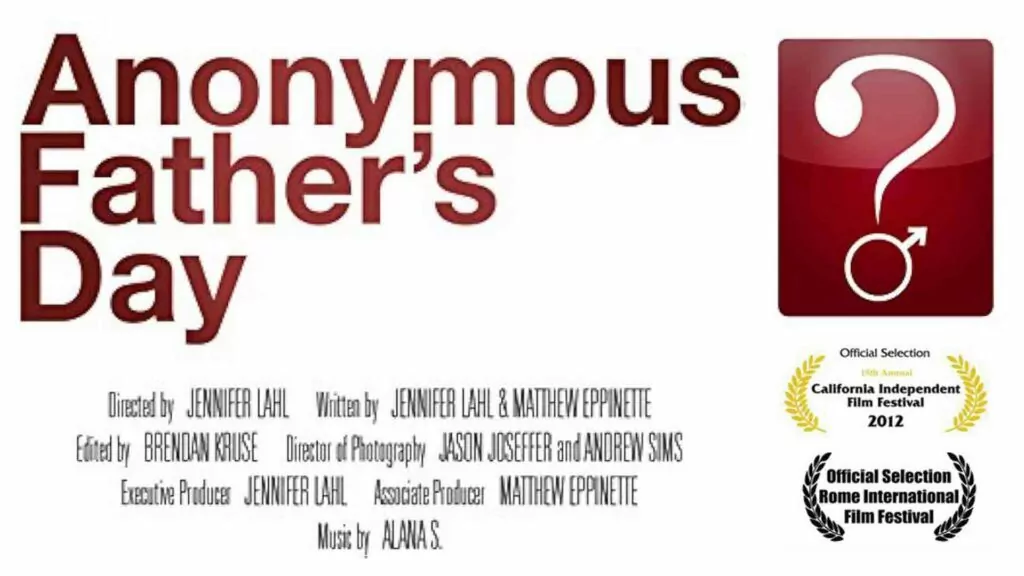“Wars are not abnormal; peace is abnormal”
*****
The 20th century was the bloodiest in history. It started badly with the 1914-1918 conflict, which was called “the war to end all wars.” People sincerely believed that after that terrible event a halt would be put to war preparations. An effort was made – in the years after this World War there were many proposals and negotiations for disarmament. In 1928, for example, the “Treaty Providing for the Renunciation of War as an Instrument of National Policy” known as the Kellogg-Briand Pact, promised to “outlaw war.” In 1931 the influential Dutch Reformed (GKN) pastor S.G. De Graaf wondered if the time had not come to condemn every war as sin. In Canada such interchurch groups as the Fellowship of the Christian Social Order strongly opposed war. And the United Church of Canada was heavily in support of the pacifist position.
But all their well-meant efforts had dismal results. And all the duly signed peace treaties neither produced disarmament nor were able to prevent World War II. But the world keeps on trying. The United Nations Charter (Article 2) outlaws both the threat and initiation of war. But we still face entrenched dictatorships and totalitarianism on every side. Disease, poverty, and disorders are found in wide areas of the globe.
Pacifism
Pacifism – the belief that all disputes can be settled peacefully – was a strong movement in the 1930s. Many then believed that historical progress was inevitable and believed that human perfectibility was possible here on earth. The dream of a perfect society, a utopia on earth, seemed within reach.
The famous Russian author Leo Tolstoy’s (1828-1910) idealistic-pacifist ideology had a great impact on the liberal mindset. He believed in the establishment of the Kingdom of God on earth rather than anticipating it in an afterlife. Christ’s Sermon on the Mount (Matthew 5-7) was for Tolstoy the key to achieving this end. This sermon expressed the essence of love and the guidance for conduct that must follow it. And love admits no exceptions. Tolstoy wrote, “The Christian teaching in its true meaning, recognizing the law of love as supreme, and permitting no exceptions to its application to life, ruled out any form of violence and consequently could not but condemn the whole structure of the world founded on violence.” He looked for a world where “men who practice daily in preparation for a universal war of extinction no longer hate those whom they must fight, and not one of the leaders has the courage to declare war.” However, while he preached progress through a gradual evolution of moral self-perfection, men, women and children were being slaughtered on the streets of Russia.
Tolstoy’s most lasting influence was in India. He and Gandhi had begun a correspondence in the early years of the twentieth century, with Gandhi referring to himself as Tolstoy’s “humble follower.” In fact, Gandhi’s campaign of civil disobedience and passive resistance owes much to Tolstoy. For many Americans, Gandhi, with his rather successful resistance of British “imperialism,” became the grand exemplar of the Christian “way,” the “strategy of love,” the “politics of the Cross.”
The American theologian Reinhold Niebuhr (1892-1971) didn’t share these utopian illusions. He abandoned pacifism to oppose Hitler, trying to persuade the Protestant church that military intervention was necessary. He regarded most Christian pacifism as not only a deplorable political strategy but also a pernicious heresy. He stated that it reduces the “good news” to a “challenge” and to a gospel of “we must try harder.” But the heresy of the goodness of man seems to have a life of its own.
Of all people who should know better, the famous South African Archbishop, Desmond Tutu, sounded more like Tolstoy than the apostle Paul when he addressed a crowd in Grand Rapids in March 2003. He said that after watching enemies in South Africa reconcile themselves with the past, he was more convinced that goodness prevails in the human heart.
“At the end of the truth and reconciliation process, I came away exhilarated by the fact, that yes, we have this capacity of evil, but we have this remarkable glorious capacity of good. It is quite extraordinary. We are fundamentally good!”
Sin
But we are not “fundamentally good.” The Bible paints a realistic picture of human nature. It plainly states that “there is no one who does good, not even one” (Rom. 3:12). “For all have sinned and fall short of the glory of God” (Rom. 3:23). We live in a fallen world where evil people do dastardly things. We are all capable of doing real harm to our neighbor. We confess with the Heidelberg Catechism the brutally frank truth about ourselves that we have a natural tendency to hate God and our neighbors (Q&A 5). Human nature, therefore, may not make war inevitable, but it does make war difficult to avoid.
Far from the world being a safer place than in the past century, terrorist groups have access to weapons that were previously restricted, or not even imagined. Wars are signs that we cannot and will not live in peace and harmony in this present age. We cannot be trusted to keep the peace. John Calvin said the Anabaptist pacifist position would be right “were we angels in this world.” But the sad fact is the world is full of “cruel monsters and wolves and rapacious men. The rise of the sword will therefore continue to the end of the world.” In his sermon in response to the war in Iraq, Philip Jensen, dean of Saint Andrew’s Anglican Cathedral in Sydney, Australia, stated that wars and rumors of wars are normal in the last days. “Wars are not abnormal; peace is abnormal.”
Pacifism is a mistaken ideology. It is an impossible position to hold in a fallen world. The horrors of World War II led many pacifists to change their minds. German pastor and theologian Dietrich Bonhoeffer (1906-1945) became deeply involved in the German resistance movement, which to him was more important than his natural inclination to pacifism. He saw how war exploits the baseness of the human heart. His deep commitment to Jesus Christ led him to do his utmost to oppose the barbaric-pagan tyranny of the Nazi regime. For his participation in the plot against Hitler, he was hanged at Flossenburg concentration camp, within a month of the end of the war.
Bonhoeffer observed that the French Revolution revealed the true nature of man. He wrote, “The French Revolution was the laying bare of the emancipated man in his tremendous power and his most terrible perversity.” Since the French revolution, the western world has become essentially hostile to the church. When people turn their backs to God, people will risk all for their own gain. As Bonhoeffer put it, “It is only when Christian faith is lost that man must himself make use of all means, even criminal ones, in order to secure the victory of his cause.”
So how can we expect a peaceful world when violence in the movies and on television is tolerated? How can we expect peace among nations when many families cannot keep peace among themselves? What are we doing to improve conditions for peace?
How many in our Western society would be willing to lower their standard of living for the sake of the suffering people in the Congo, Ethiopia, or Haiti? Instead, in our consumer society many appear convinced that the good life can be bought. As one reads the newspapers and watches television, one can hardly avoid the impression that the interests of many people largely concern jobs, strikes, houses, inflation, prices, entertainment, sports, and cars.
What is peace?
What do we mean by peace? The horrors of modern warfare have made this question a matter of agonizing daily concern for every sensitive spirit. It has always thrown the Christian community into a fundamental struggle over the nature of the Gospel itself. It throws into clear relief our understanding of salvation, the nature of man and history.
When we hear the word peace, we immediately think of it as the absence of war. But peace can also refer to war. Augustine said that those “who fight for peace” may do so because this is a way to ending an armed conflict. But real peace can only come when rebellious sinners become reconciled to God through Christ’s shed blood on the cross (Col. 1:20). One cannot be a peacemaker until first he finds peace for himself. Reconciliation with God enables us to be reconciled with ourselves and with people from every race, nation, or background (Cf. Eph. 2). True peace then is not the result of human enterprise or transaction, but it is received. It is a gift of God. It is Christ Himself. “He is our peace” (Eph. 2:14-17; cf. Rom. 5:1). Peace means salvation from sin and death, from the devil and hell, being surrounded by the goodness of God, and living under the Lordship of Christ (cf. Luke 1:79).
But peace with God does not guarantee a tranquil life. In fact, it is accompanied with warfare against the demonic powers still at work in our world (Eph. 6:12). Wherever the Gospel is preached, the devil opposes. We are sheep among ferocious wolves. Jesus warned His disciples about the cost of following Him, but also of the coming victory. “I have told you these things, so that in me you may have peace. In this world you will have trouble. But take heart! I have overcome the world” (John 16:33).
So in the midst of tribulation we can have amazing peace. In this fearful world, Jesus’ message for His people still is, “Peace I leave with you; my peace I give you. I do not give to you as the world gives. Do not let your hearts be troubled and do not be afraid” (John 14:27). But this peace is an active peace that we have to manifest in our daily lives and in the public square.
Positive peace
True peace then, is more than the absence of war. The Bible describes it as shalom. Shalom seeks the good and opposes evil (Jer. 29:11). Shalom brings joy to life (Isa. 55:12) and brings harmony. It means everything that is needed by the individual and society for wellbeing and happiness. It makes life worth living.
But this “positive peace” is costly. It calls for responsible action. To be a peacemaker means more than sitting on a study committee to discuss peace; it requires more from us than demanding the Western world right the wrongs in underdeveloped nations; being a peacemaker means much more than demonstrating against the war in Iraq or elsewhere. As Christians we are to live in peace. It is the fruit of Spirit (Gal. 5:22). The Bible exhorts us to “live in peace,” to “be in peace,” to “seek peace with all.” Furthermore, the Bible does not allow us to take refuge in our private little world and in our private virtues. We may not be blind and deaf to the wrongs we see and hear in our world. We have been given the word and deed ministry of reconciliation (2 Cor. 5:20). And positive peacemaking is an implicit part of it.
Peacemaking calls for loving your neighbor. As Christian this cannot be some type of abstract love – we can’t merely talk about our love. Talk is cheap, so deeds are demanded! Think of the many missionaries, for example, who have been called idealistic, unrealistic, and so on, but who use their talents, their resources, and accept cheerfully untold difficulties as positive peacemakers. They proclaim the liberating Gospel, feed the hungry, seek justice for the oppressed, not because they are do-gooders or taken in by a social gospel, but out of gratitude for what God has done in their lives. The history of missions tells us how during the 19th-century explosion of missionary activity, peacemaking often arose out of an encounter with immoral religious practices and unjust social structures.
In India, for example, missionaries focused on sati, the burning of Hindu widows on the funeral pyres of their dead husbands, infanticide, and the caste system. In China, missionaries and mission stations were the main providers of modern medicine and care until the state began to take over the function in the 1920s. Millions of Chinese were treated. Hundreds were given medical training in Christian schools such as Peking (Beijing) Union Medical College. Missionaries were also among the leaders of the movement to abolish the horrible practice of footbinding. The toes of girls, usually aged between seven and eight, were bound under their insteps until the arches of their feet were broken. A crippling experience, it left women with short pointed feet that Chinese men found erotic. In her book The Small Woman, Alan Burgess tells the true and amazing story of Gladys Aylward, a London parlor maid who became an effective and courageous missionary. She did not only bring the Gospel in word. When she saw injustice, she spoke out. When she was asked by the Mandarin of Yangcheng to become a Foot Inspector to break down the centuries-old custom of footbinding, she accepted this position for the sake of the Gospel.
Universal peace
But despite all the best efforts of Christians, an ideal society will never be achieved. Many will continue to dream about a world without violence and war, with everyone living in peace and harmony, but it will remain a dream. We will have to live with wars and rumors of wars until the end of time.
There is never any time or place for saying: Peace – when there is no peace (Ezek. 13:10)! The coming universal peace is bound to the coming of our Lord. The earthly city of self-love and rebellion against God will be replaced then by the heavenly city, the New Jerusalem. In the new heaven and earth (Rev. 21), there won’t be any more wastage of the earth’s resources for war preparation, no more fear of nuclear proliferation, no more terrorist attacks, no more sickness, no more death, and no more senseless luxury of some or senseless poverty of others. The followers of Jesus, therefore, look forward to the end of time when God will intervene to bring about peace, “when nation shall not take up sword against nation, nor will train for war anymore” (Isa. 2:4). While the Church waits, prays, and longs for the Lord’s return, she has the responsibility to proclaim “the good news of peace by Jesus Christ, who is Lord of all” (Acts 10:36).
Rev. Johan Tangelder (1936-2009) wrote for Reformed Perspective for 13 years and many of his articles have been collected at Reformed Reflections. This article first appeared in the December 2003 issue.













